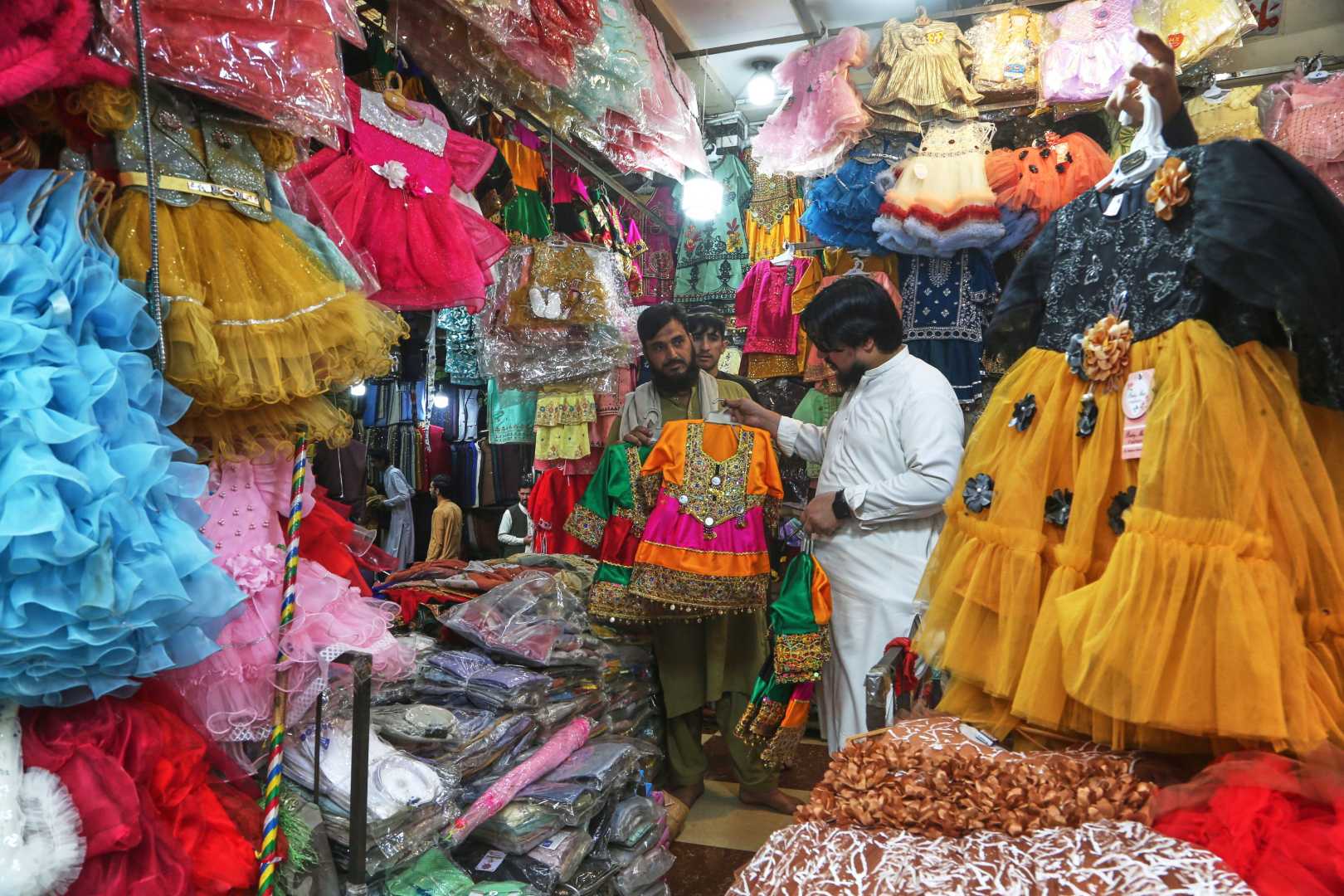World
Eid al-Fitr Celebrations Loom Amid Changing Global Landscapes

CAIRO, Egypt (AP) — Muslims around the world are preparing to celebrate Eid al-Fitr, marking the end of Ramadan, the Islamic holy month of fasting. This year’s festivities come amid significant challenges, with some communities confronting conflict and upheaval.
The holiday is expected to commence on or around March 30. In Indonesia, thousands prepare for the annual ‘mudik’ or homecoming tradition, which sees many leaving major cities to celebrate with loved ones. At the Kalideres bus terminal in Jakarta, people were seen waiting for buses to their hometowns ahead of the anticipated holiday.
“It’s a time for family, joy, and reconciliation,” said local resident Aminah Rahman, who planned to return to her village.
In the Middle East, the atmosphere contrasts sharply. In Gaza, this will be the second Eid al-Fitr since the conflict intensified. Israeli airstrikes have significantly impacted civilian life, with Gaza’s Health Ministry reporting over 50,000 Palestinian casualties as of March 2025.
“Every Eid is a reminder of our struggle,” said Gaza resident Fatima Elhassan. “We try to celebrate, but the pain is there.”
In Syria, many look forward to their first Eid al-Fitr following decades of oppressive governance by the Assad family. Although relieved, the situation remains tense, with rampant violence affecting the nation.
As the crescent moon signals the start of Shawwal, Muslims will gather for prayers and celebrations. Traditionally, families prepare feasts, wear new clothes, and exchange gifts and sweets. In Egypt, neighborhoods will see an influx of children clad in new outfits collecting money, known as ‘eidiya.’
In the United States, where Muslim communities are becoming increasingly diverse, families will gather for prayers followed by festive activities, including food and games for children. Celebrations will often feature a blend of cultural traditions, uniting families in shared joy.
However, this year’s Eid also brings concerns, particularly with upcoming moon sightings. Astronomers point out that some countries may declare the beginning of Eid based on calculations rather than direct moon observations, leading to potential discrepancies in celebration dates.
“We just want clarity and unity,” said Imad Ahmed, an astronomy expert advocating for cohesive practices among Muslim communities.
The holiday emphasizes both the significance of community and the need for reflection as Muslims navigate personal and global challenges. As many prepare to extend their worship and gratitude to those who have suffered, the spirit of Eid al-Fitr remains unchanged.












